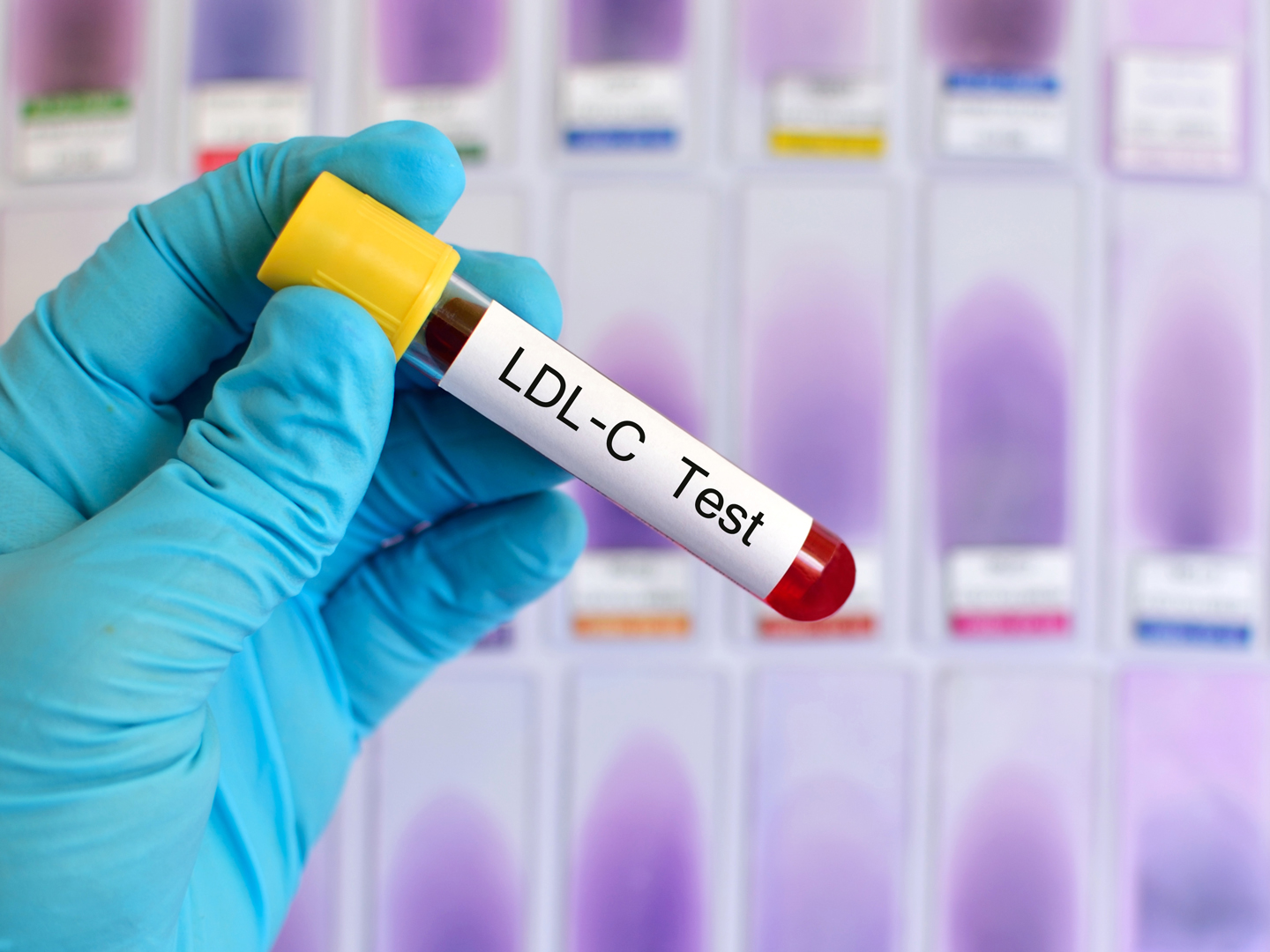How Low Should Cholesterol Go?
I heard a report on the radio that we’re now supposed to lower cholesterol even more than previously recommended. True?
Andrew Weil, M.D. | May 17, 2004

Results of a study published in the April 8, 2004, issue of the New England Journal of Medicine suggests that reducing levels of LDL ("bad") cholesterol even lower than once thought acceptable substantially reduces the risk of heart attack or of needing coronary bypass surgery or angioplasty (a procedure to open clogged coronary arteries).
Researchers at Harvard Medical School compared the effects of two drugs used to lower cholesterol, Lipitor and Pravachol, given to 4,162 heart disease patients. They sought to determine whether reducing LDL levels below 100 mg per deciliter (mg/dl) would help patients avoid subsequent heart problems. Patients were randomly assigned to take 80 mg of Lipitor daily or 40 mg of Pravachol, which was raised to 80 mg as the study progressed. Results showed that LDL levels among the Lipitor patients fell to an average of 62 mg/dl compared to 95 mg/dl among those taking Pravachol. Over the course of the study the data showed fewer deaths, heart attacks and less need for bypass surgery or angioplasty among the Lipitor patients.
A similar study, reported in November 2003, showed that Lipitor halted plaque growth in coronary arteries, while Pravachol only slowed it.
Experts in heart disease aren’t sure why lowering LDL beyond levels previously believed acceptable made so much difference, although some have suggested that some statin drugs may also quell local inflammation in the lining of blood vessels. (Inflammation can cause deposits of plaque in coronary arteries to rupture, leading to heart attacks.)
While these results may change the way patients with high cholesterol are treated, Lipitor isn’t a perfect drug. It causes the same side effects as other statin drugs, including muscle aches and a more serious muscle condition known as rambdomyolysis (with the potential to lead to kidney failure). Like other cholesterol-lowering drugs, Lipitor and Pravachol are associated with biochemical abnormalities in liver function. Elevated liver enzymes usually return to normal after lowering the dose or discontinuing the drug entirely. These drugs should not be taken by patients who consume substantial amounts of alcohol or have a history of liver disease.
Overall, the upshot of this study is that anyone with active heart disease or a family history of heart disease should pay more attention to LDL levels, and if levels are over 100, they should get them down as low as possible. If you decide to take Lipitor or another statin drug, be sure to add supplemental coenzyme Q10, which is depleted during statin therapy and may be the cause of the joint and muscle pain that so often occurs. An adequate dosage would be 60 mg a day in a softgel form, taken with a meal.
It is also important to remember that elevated cholesterol is not the whole story of heart attacks, since half of those who have them have normal serum cholesterol. Pay attention to all aspects of a healthy lifestyle!
Andrew Weil, M.D.










